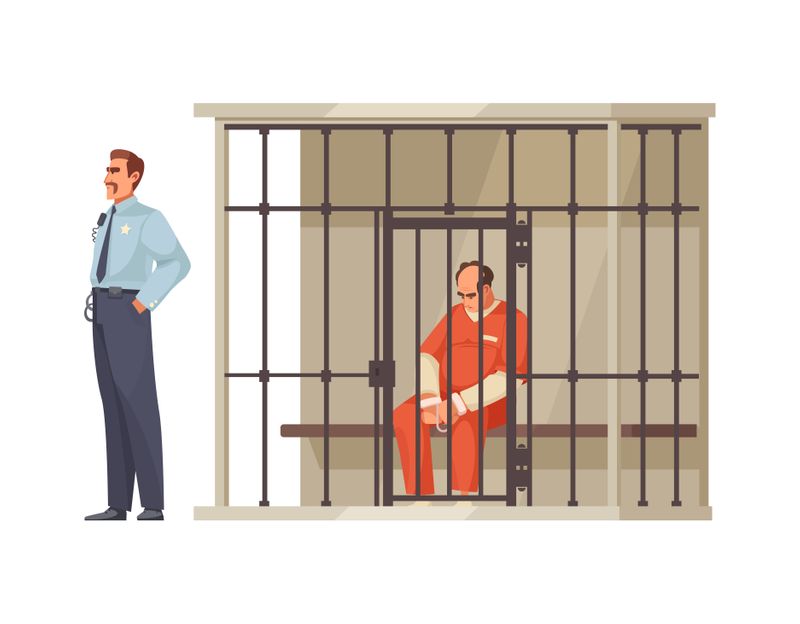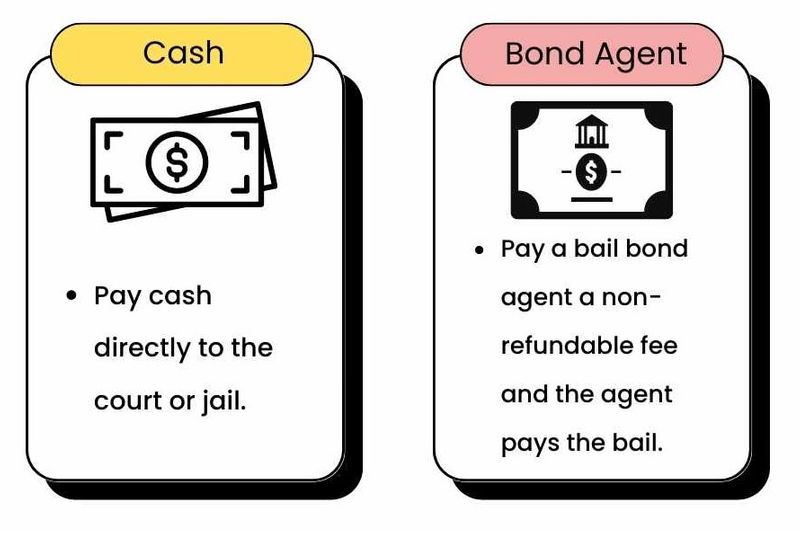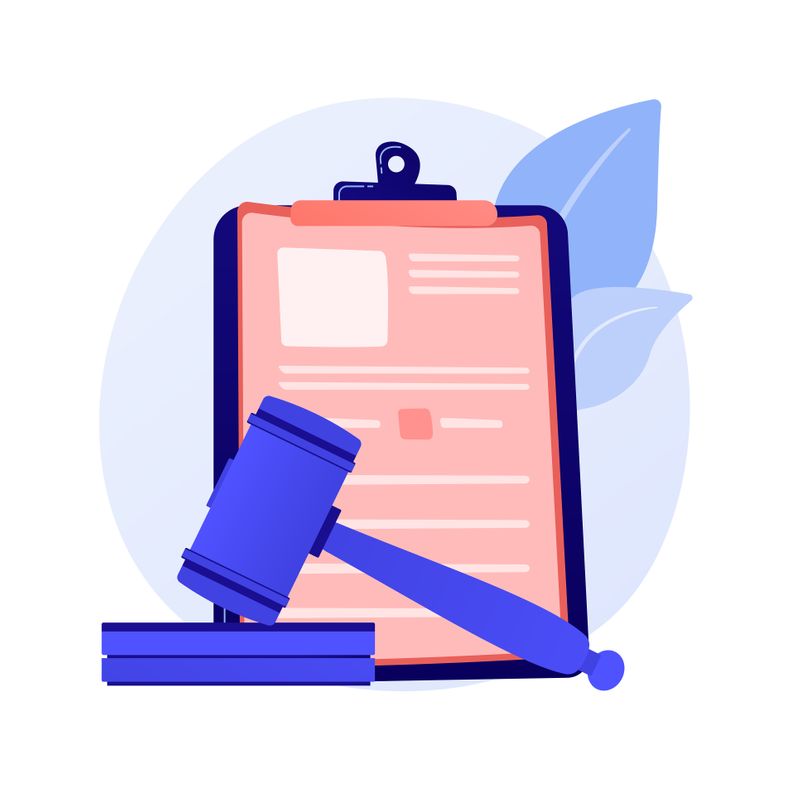Have you ever thought about what to do if someone you know gets arrested?
Your friend or family member will spend less time in jail if you can help them post bail. But what is bail and how do you use it to get someone out of jail in the United States of America?
Step 1: Determine the Bail Amount
When someone is arrested and charged with a crime, they'll be considered a defendant if they go to trial.
While in jail, after being booked and processed, a judge may determine that the defendant can be released until their court date. However, to hold the accused person accountable to return to court for the trial, the court sets bail — an amount of money required to release someone from jail.
This money will be returned once the defendant appears for their court date, or dates. They have to appear for all trial proceedings. If the defendant doesn't appear, the court keeps the money.
 Image designed by macrovector on Freepik
Image designed by macrovector on Freepik
To find out the bail amount needed for the defendant's release:
Ask the person who's been arrested.
Call the jail and ask them directly.
Did you know?
Step 2: Decide How to Pay the Bail
Choose how to pay: with a cash bond or with bail bond through a bond agent.

If you choose to pay with cash, skip to Step 5.
Step 3: Contact a Bail Bond Agent

Image designed by vectorjuice on Freepik
A bail bond agent, or bondsman, can pay the bail bond on your behalf for a non-refundable fee.
But you'll need to do some work before the bail bond agent can help you.
Information: Get the full name, jail location, booking number, and charges of the person in jail.
Agent Location: Choose an agent in the general area where the person is being held. The bail agent will need to go to post the bond for the release. You can search online or ask for recommendations from friends or family members.
Note: Using commercial bail, or paying with a bondsman, isn't permitted in Illinois, Kentucky, Oregon, and Wisconsin.
Agent License: Choose a reputable agent who is licensed and bonded in the state where the person is being held. The licensing varies by state but is often distributed by the Department of Insurance. Search online to see if the defendant's state has a public database.
Bond Application: Complete a bail bond application with the agent. Many agents are available 24/7 and many will accept online applications. The application requires your personal information and information about the person in jail. The application process can take less than an hour.
Did you know?
Subscribe for more quick bites of learning delivered to your inbox.
Unsubscribe anytime. No spam. 🙂
Step 4: Pay the Bail Bond Fee If Using an Agent

The bail bond fee is usually around 10% of the total bail amount and is non-refundable.
You may also need to sign over property or jewelry as collateral towards payment. Collateral is an item of value used in place of the amount needed or fee. It can be taken or seized if the debt is due. This "property bond" will help guarantee that the defendant will show up for court.
When using property, you'll need to provide proof of ownership and value.
Quiz
In what situation(s) would using a property bond to bail someone out of jail NOT be a good idea? Select all that apply.
Step 5: Wait for the Person to be Released
You or the bail bond agent will post the bail and the person will be released from jail.
It can take anywhere from an hour to several hours for the person to be processed and released, so be patient. This depends on how crowded the jail is.
If you are not available to pick them up from jail yourself, you can arrange for a cab, car service, or ride-share service to pick them up. A bond agent generally will not be able to provide transportation.

Once released, your friend or family member may be frustrated, nervous, sad, and even tired. Offer support by remaining calm, being available for them, and reassuring them.
Step 6: Ensure the Person Attends All Court Appearances
When you bail someone out of jail, you're taking responsibility for them.
They must attend all court appearances! If they don't, you may forfeit the bail amount or collateral that you provided.
 Image designed by vectorpouch on Freepik
Image designed by vectorpouch on Freepik
Take Action
 Photo by Tingey Injury Law Firm on Unsplash
Photo by Tingey Injury Law Firm on UnsplashWhen defendants can’t make bail, they are more likely to plead guilty, and the plea bargains they’re offered are more severe. Those who can’t pay bail are also less likely to be found innocent at trial and receive longer sentences.
—The Marshall Project
You can help ensure the person spends as little time in jail as possible before they go to trial.
Your feedback matters to us.
This Byte helped me better understand the topic.

